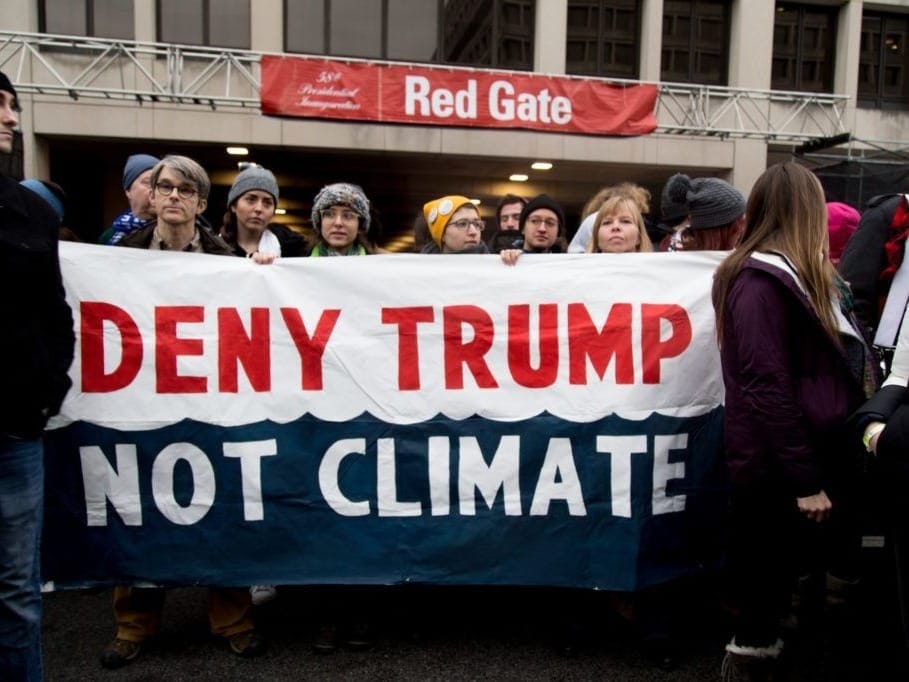UNITED NATIONS (AN) — U.S. President Donald Trump's administration wasted no time notifying the United Nations on Monday — the first day possible — that it will withdraw from the 2015 Paris Agreement on climate change a year from now.
Secretary of State Mike Pompeo submitted a formal notice to U.N. officials that starts a one-year countdown to the U.S. exit. That makes the United States the first and only nation to initiate the formal withdrawal process.









